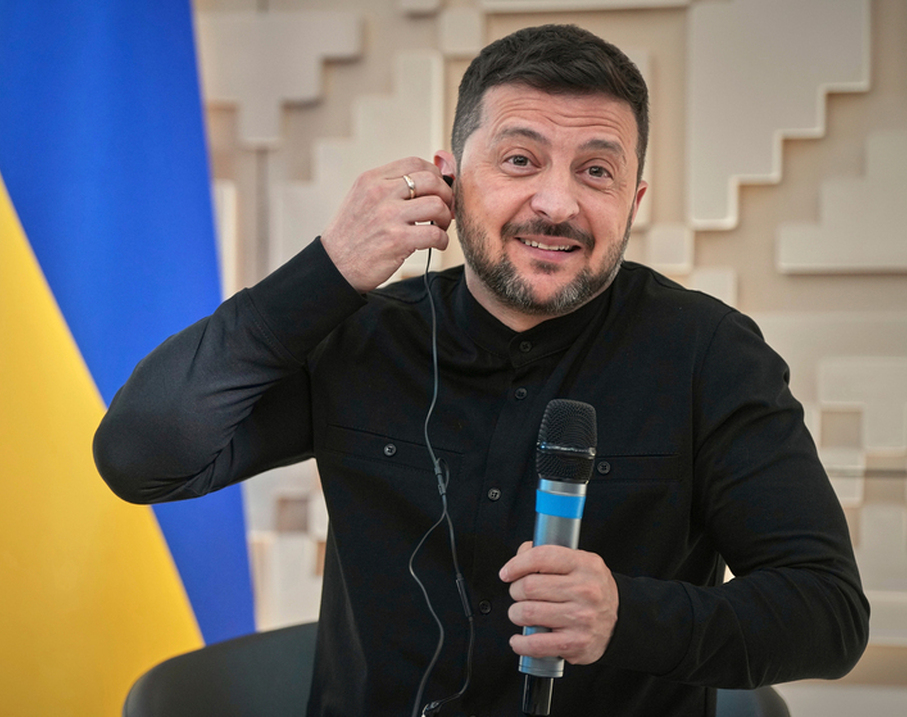
Like a phantom emerging from the shadows of Russia’s rock scene, Diana Arbenina graced an intimate gathering at a theater near Tsvetnoy Boulevard—her presence as striking as a power chord in a silent room. The reclusive songstress, whose voice has soundtracked rebellions and revolutions, chose this hallowed space to unveil her latest music video, treating attendees to a spectacle wrapped in secrecy. "Phones off, cameras down," came the decree—an echo of Arbenina’s own enigmatic aura.
If clothes could scream, Arbenina’s tailored suit would’ve shattered the chandeliers. The ensemble—sharp as a switchblade yet elegant as a sonnet—paired with a hairstyle that defied gravity (and perhaps logic), left journalists scrambling for adjectives. It wasn’t just an outfit; it was a manifesto stitched in fabric, declaring that even after years of absence, the queen of Russian rock still writes her own rules.
Between sips of what one imagines was whiskey neat, Arbenina casually resurrected memories of two legendary concerts performed in that very theater. "These walls still hum my songs," she might as well have said, tracing the invisible scars of past performances. The venue, once a battleground for her raw vocals, now served as a cathedral for her newest creation—a full-circle moment sharper than a guitarist’s pick.
While Arbenina commanded attention in Moscow, geopolitical theatrics unfolded elsewhere like a poorly rehearsed play:
Back home, the rhythm of life continued: cyclists in Akbulak pedaled through history for Victory Day, lithium batteries met their eco-friendly demise, and Alla Pugacheva somehow turned her daughter’s concert into a scandal—because some things, like Arbenina’s ability to electrify a room, are eternal.
















